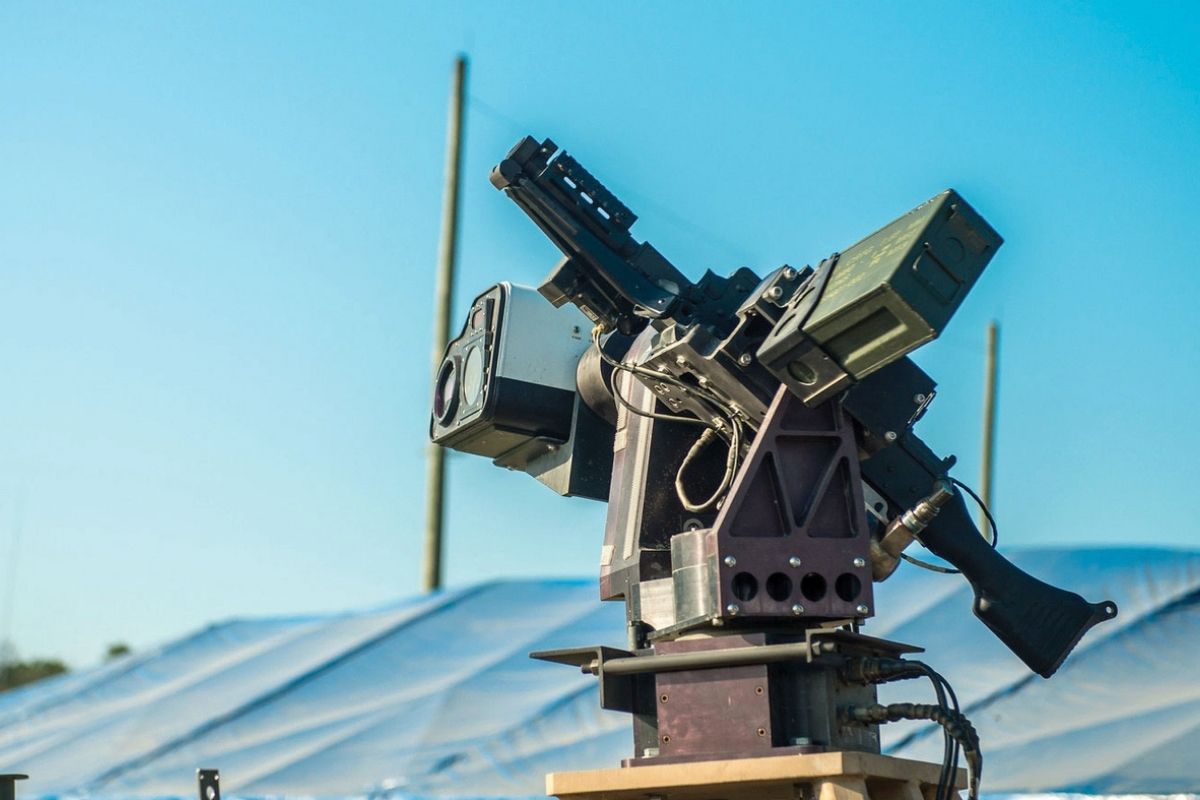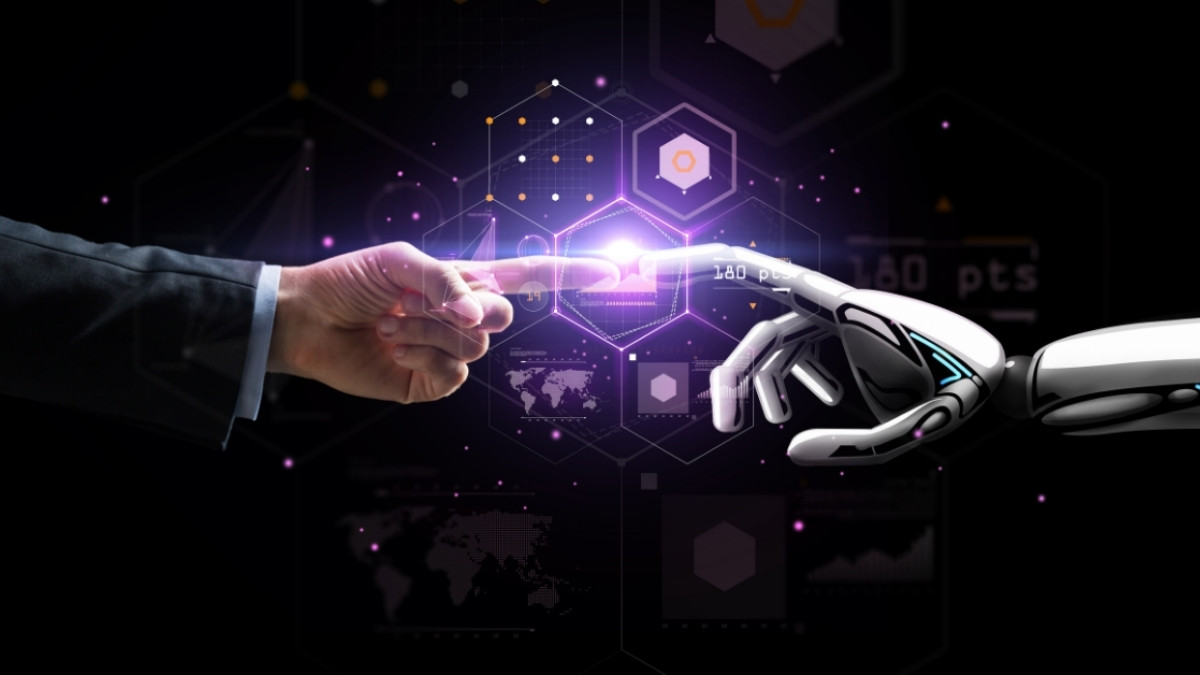As artificial intelligence (AI) continues to revolutionize various industries, one of the most controversial applications is its use in autonomous weapons systems (AWS). These systems, capable of selecting and engaging targets without human intervention, raise profound ethical, legal, and security concerns. Can AI truly be entrusted with the power to decide life and death? This article explores the ethical dilemmas surrounding autonomous weapons, examining their implications for warfare, human rights, and international law.
1. The Rise of Autonomous Weapons
Autonomous weapons, also known as lethal autonomous weapons systems (LAWS), have been in development by several military powers. These include drone swarms, robotic soldiers, and AI-driven missile defense systems.
Key Features of Autonomous Weapons:
- Lack of Direct Human Control: These systems operate without immediate human oversight.
- AI-Driven Decision Making: Machine learning and algorithms assess targets in real time.
- Speed and Efficiency: Faster reaction times than human operators.
- Scalability: Ability to operate in large numbers and execute missions simultaneously.
While these technologies promise tactical advantages, they also pose serious ethical and security risks.

2. Ethical Concerns
The deployment of autonomous weapons raises several ethical issues, fundamentally altering the nature of warfare and decision-making in combat.
Lack of Human Judgment
Human soldiers make decisions based on experience, ethics, and empathy—qualities AI lacks. Autonomous weapons do not understand moral complexities or the value of human life, leading to potential indiscriminate killings.
Accountability and Responsibility
If an AI-controlled weapon commits an unlawful act, who is responsible? The lack of clear accountability in autonomous warfare raises critical legal and moral questions.
Potential for Malfunctions and Bias
AI systems are susceptible to errors, bias, and hacking. Misidentifications could lead to civilian casualties, triggering unintended conflicts or war crimes.
3. Legal and International Implications
Several international organizations and governments have called for regulations on autonomous weapons.
Current Legal Framework
- The Geneva Conventions: Require human oversight in warfare and prohibit indiscriminate attacks.
- The UN Convention on Certain Conventional Weapons (CCW): Discussions are ongoing about banning or restricting AWS.
- National Regulations: Some countries have imposed limits on AI-driven military technologies, but a global consensus is lacking.
Without strong legal frameworks, the unchecked proliferation of AWS could destabilize global security.

4. Arguments in Favor of Autonomous Weapons
Despite ethical concerns, proponents argue that AWS can enhance military operations and reduce human casualties.
Reduced Risk to Soldiers
By deploying robots instead of humans in high-risk missions, military personnel can be kept out of harm’s way.
Precision Targeting
Advanced AI can theoretically minimize collateral damage by making more accurate targeting decisions than human soldiers.
Operational Efficiency
AWS can process battlefield data rapidly, making real-time strategic decisions that improve combat effectiveness.
5. Potential Solutions and Safeguards
To mitigate risks, researchers, policymakers, and military leaders must establish strict ethical and operational guidelines.
Human-in-the-Loop Systems
Requiring human authorization for lethal decisions can ensure oversight and ethical compliance.
International Bans and Treaties
A global agreement restricting fully autonomous weapons could prevent an arms race in AI-driven warfare.
AI Transparency and Testing
Rigorous testing and independent oversight are essential to prevent unintended failures and biases in AWS.
The ethical dilemma of autonomous weapons is one of the most pressing challenges of modern warfare. While AI-driven military technologies offer strategic advantages, the potential risks to humanity cannot be ignored. The decision of whether AI should be allowed to determine life and death remains deeply contentious. The global community must act swiftly to regulate and control AWS before these systems redefine the nature of war in ways that may be irreversible.


